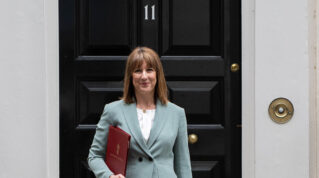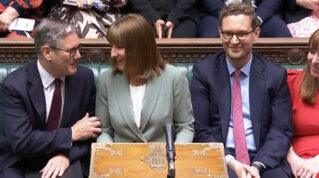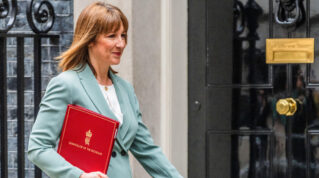The gap between state school spending and private school fees in England has more than doubled in a decade.
Analysis by the Institute for Fiscal Studies found average private school fees were £6,500 (92 per cent) higher than state funding in 2020-21.
In 2009-10, the gap was just £3,100, or about 39 per cent.
It follows a decade in which the average private school fees, excluding boarding fees and allowing for bursaries and scholarships, increased 23 per cent in real terms, while per-pupil funding in the state sector decreased 9 per cent.
Luke Sibieta, an IfS research fellow and the report’s author, warned that “longstanding concerns” about inequalities between private and state school pupils would “not begin to be easily addressed while the sectors enjoy such different levels of resourcing”.
The report acknowledged there was “clearly a wide distribution in spending levels within the state-funded and private sectors”.
However, the think-tank pointed out that even funding for the most deprived state secondary schools, about £7,000 in 2019-20, “is only half the value of average fee levels in private schools”.
Fees for private sixth forms are now about three times higher than state funding for that age group.
Figures ‘probably understate’ gap
There are also “good reasons to believe” the figures “probably understate the gap in resources” as they do not account for investment income, endowments and donations, which are “likely to push up private school spending by more”.
The analysis also uses private school fees for the UK as a whole and compares them to state spending in England only “due to the availability of data over time”.
Figures for private school fees in England only “would probably be higher, given that figures for Scotland and Wales are below the UK average”.
The release of the analysis follows a recent renewal by Labour of its commitment to end VAT and business rate exemptions for private schools.
The organisation said it hoped in future analysis to examine the “fiscal consequences” of the commitment, “the effects of which will depend on a range of factors such as potential changes in demand and the spending patterns of private schools”.
Geoff Barton, the head of the Association of School and College Leaders, said it was “pretty outrageous that the government has cut funding in real terms to schools and colleges over the past decade, while independent school fees have increased over the same period”.
“The funding gap between the two sectors has always been there, of course, but the fact it has widened to such a huge extent does stick in the throat.“
Paul Whiteman, the general secretary of the National Association of Head Teachers, said the government’s “failure to invest in schools” had forced them to “cut back on staff, support for pupils, and activities that enrich the school day”.
“A far more ambitious programme of investment is required from the government if schools are going to be able to deliver the education that the current generation of pupils needs and deserves.”
The Department for Education was approached for comment.
















Your thoughts